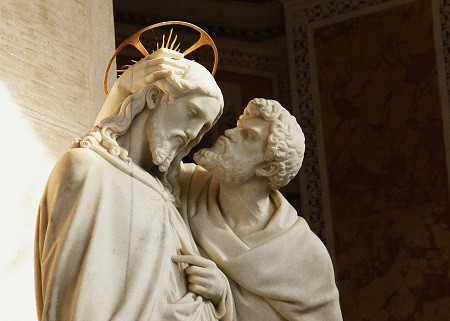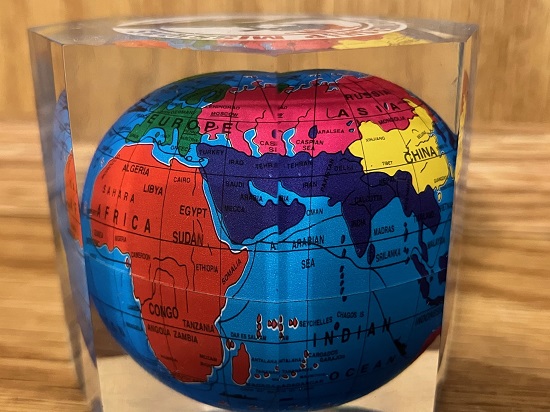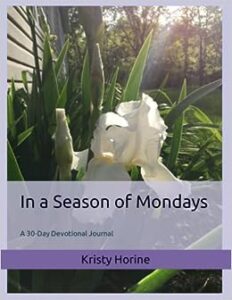Feet of Clay
 How often do we admire people and think they can do no wrong? Yet, we eventually learn they have feet of clay.
How often do we admire people and think they can do no wrong? Yet, we eventually learn they have feet of clay.
Feet of clay means a failure or weakness.
We have faults. Our heroes have faults. No matter how hard we try to be perfect, everyone falls short of perfection.
This idiom originated in the Bible.
Daniel 2 tells the story of King Nebuchadnezzar and a dream he could not understand. God revealed the dream and its meaning to Daniel, one of the king’s captives. In the dream, a statue had:
- A head of gold
- A body of silver, bronze, and iron
- Feet of iron and clay
A large rock hit the feet, and the statue crumbled.
Daniel told the king his dream meant the Babylonian kingdom would fall. However, God’s kingdom would last forever.
Because we have feet of clay, we find hope only in our Creator.
If we rely on ourselves, we fall flat. However, God’s strength and guidance enable us to stand firm. Like Daniel, may we faithfully follow the one and only true God.
“Praise be to the name of God for ever and ever; wisdom and power are his” (Daniel 2:20 NIV).
Thanks to Meghan Bowker, editor of Missions Mosaic magazine, for the idea. Photo by Matt Seymour on Unsplash.
Do you have an expression you want explained or a thought about this one? If so, please comment below.
Subscribe to receive my weekly posts by email and receive a free copy of “Words of Hope for Days that Hurt.”
If you enjoyed this post, please share it with your friends.










